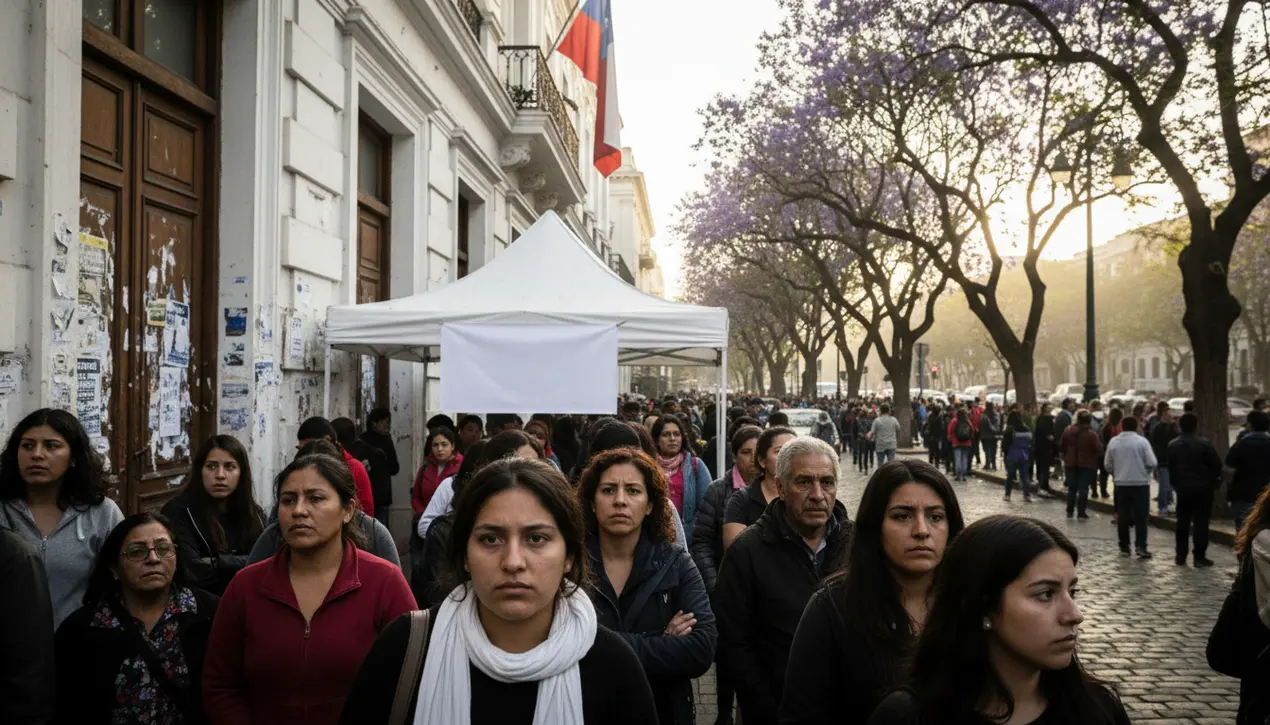
PoliticselectionsPresidential Elections
Chile Holds Polarizing Presidential Election To Decide Future
RO
Robert Hayes
4 hours ago7 min read3 comments
Chile stands at a profound constitutional crossroads this Sunday, its presidential election representing not merely a choice between candidates but a referendum on the nation's very soul. Four years after the seismic election of the progressive, youthful Gabriel Boric—a moment that promised a transformative new chapter following the massive social unrest of 2019—the electorate finds itself starkly divided, navigating a landscape reshaped by compulsory voting and animated by potent, often polarizing, debates over crime and immigration.The initial euphoria of Boric’s victory, which echoed the historic shifts seen in other Latin American nations grappling with post-dictatorship legacies, has been tempered by the hard realities of governance, economic pressures, and a palpable sense of public anxiety. On one flank, the right-wing coalition, Chile Vamos, has weaponized public discontent, advancing a tough-on-crime manifesto and stringent immigration controls that resonate deeply in neighborhoods feeling the strain of increased insecurity, a strategy reminiscent of law-and-order campaigns that have surged to power from the United States to Europe.Conversely, the ruling leftist alliance defends its social welfare agenda and a commitment to the ambitious, though fraught, process of drafting a new constitution—a project born from the streets but now mired in legislative gridlock and public skepticism. The reinstatement of compulsory voting adds a volatile, unpredictable element to this political calculus, potentially mobilizing a silent majority whose allegiances are not captured by traditional polling, much like the unexpected surges that have upended political establishments elsewhere.The outcome will reverberate far beyond the Andes, signaling whether Chile, long considered an economic beacon of stability in the region, will reaffirm its progressive trajectory or pivot toward a more conservative, security-focused model, a decision that will inevitably influence diplomatic and economic relations with key partners from China to the United States. The stakes could not be higher; this is not just an election but a battle for the narrative of modern Chile, a test of whether the fervor for structural change can withstand the immediate pressures of daily life and the potent appeal of order.
#featured
#Chile
#presidential election
#Gabriel Boric
#compulsory voting
#polarization
#immigration
#crime
Stay Informed. Act Smarter.
Get weekly highlights, major headlines, and expert insights — then put your knowledge to work in our live prediction markets.
Related News
Comments
Loading comments...
© 2025 Outpoll Service LTD. All rights reserved.